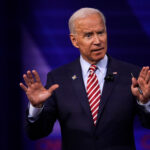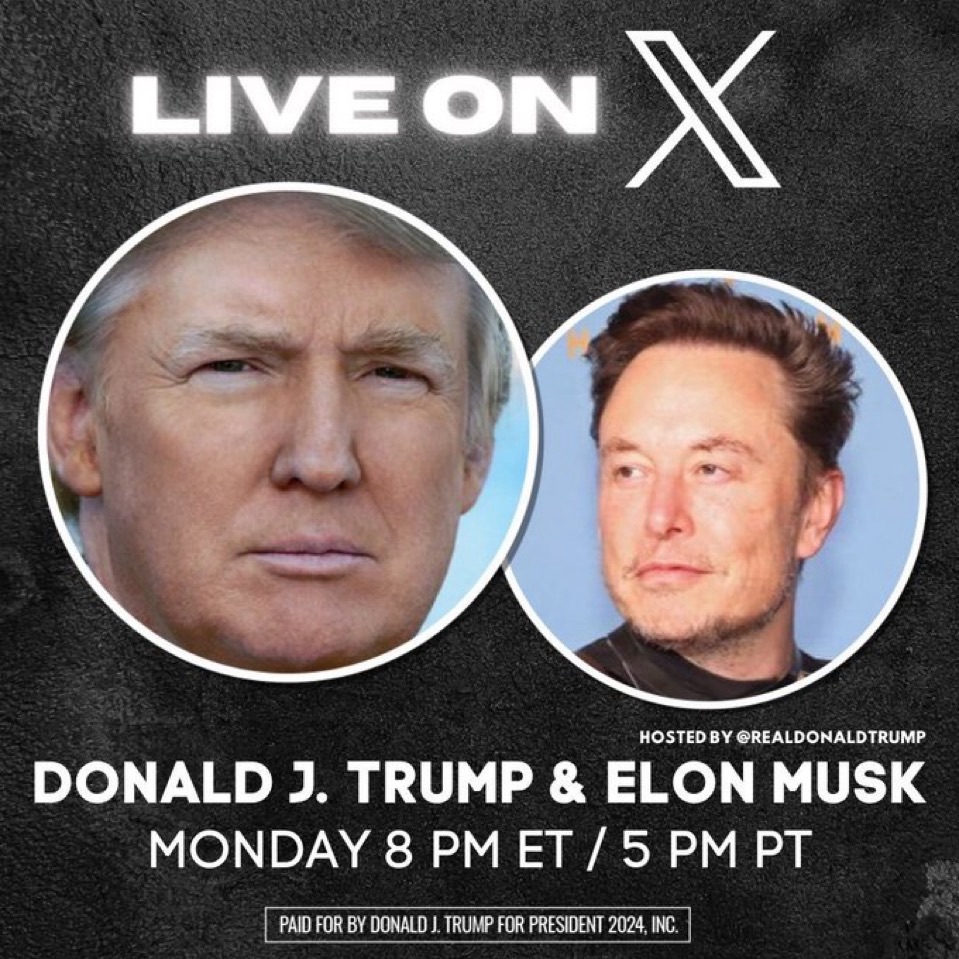Introduction
In the shifting landscape of American politics, a faction stands in stark opposition to President Donald Trump: the “double haters,” individuals who reject both Trump and his policies. The recent Trump-Elon Musk conversation has intensified scrutiny on those who challenge the prevailing pro-Trump narrative.
1. The Media Mavericks
While conservative voices on Fox News often support Trump, other media platforms host Republicans who are critical of him. CNN features figures like Amanda Carpenter, Charlie Dent, John Kasich, and Mia Love. MSNBC presents Carlos Curbelo, Susan Del Percio, Elise Jordan, among others. These commentators, frequently overshadowed by Trump’s supporters, continuously scrutinize his actions.
2. Elected Officials with a Conscience
The political landscape in Congress is shifting. Since Trump’s presidency began, over a quarter of House Republicans have either been defeated or retired. Former Rep. Mia Love of Utah, for example, links her defeat to Trump’s unpopularity. Additionally, former chiefs of staff for Republican presidents Ronald Reagan, George H.W. Bush, and George W. Bush have publicly criticized Trump. Their dissent reflects a notable divergence within the GOP.
3. The Musk-Trump Controversy
Elon Musk, who has increasingly become a controversial figure himself, faced backlash for providing Trump with a prominent platform to speak to the American public. Critics argue that Musk’s decision to host Trump on his platform not only legitimizes the former president but also amplifies his divisive rhetoric. This controversy has fueled significant criticism from various quarters.
4. Threats and Retaliation
Elon Musk’s decision to feature Trump has attracted severe reactions. The European Union sent a threatening email warning Musk about potential regulatory consequences if Trump’s content violated EU standards. Additionally, Vice President Kamala Harris has voiced concerns about the potential impact of giving Trump such a platform, suggesting that it could exacerbate misinformation and division. These threats underscore the high stakes and complex dynamics at play.
5. Fear and Retribution
Dissent against Trump and Musk’s actions comes with its own set of risks. Critics and opponents often worry about retaliation should Trump secure another term or if Musk’s actions provoke significant regulatory backlash. The considerable powers of the presidency and regulatory bodies could be wielded against them, adding layers of complexity and danger to their positions.
Conclusion
As impeachment proceedings continue and controversies swirl, the anti-Trump faction remains a significant force. Their influence extends beyond the corridors of power and into public debates, further complicated by recent high-profile controversies. While they may be labeled as detractors or failures by some, their persistent voices contribute to a complex political discourse that refuses to conform to a single narrative.





